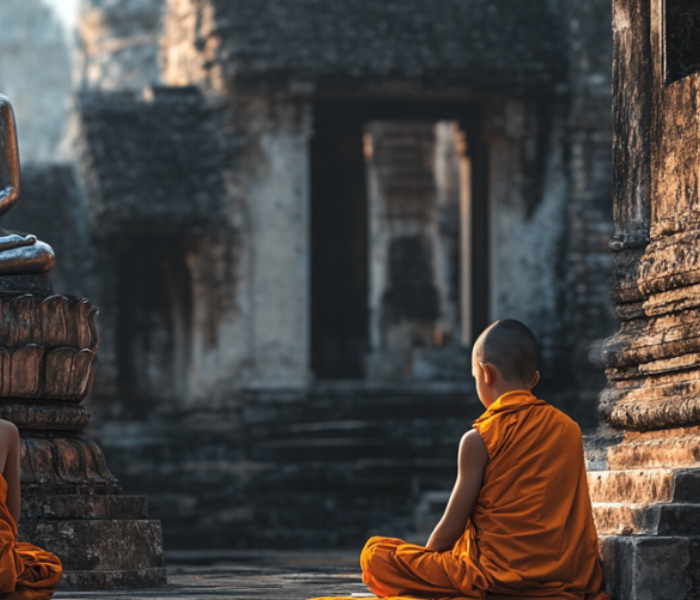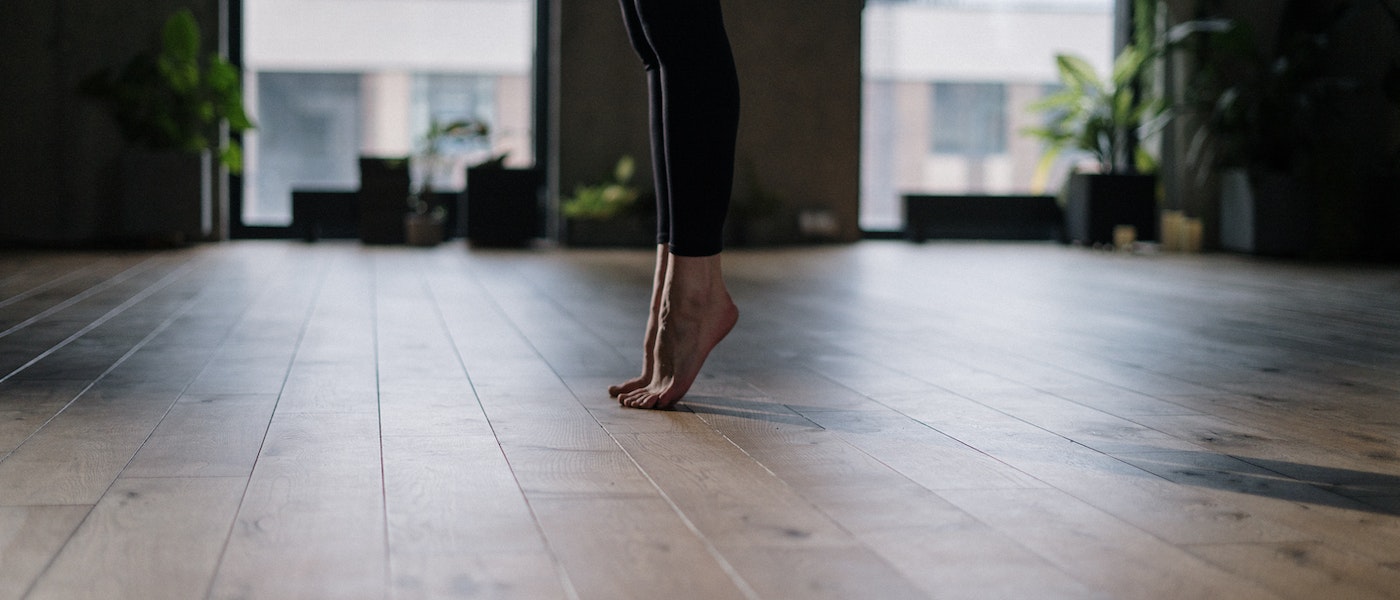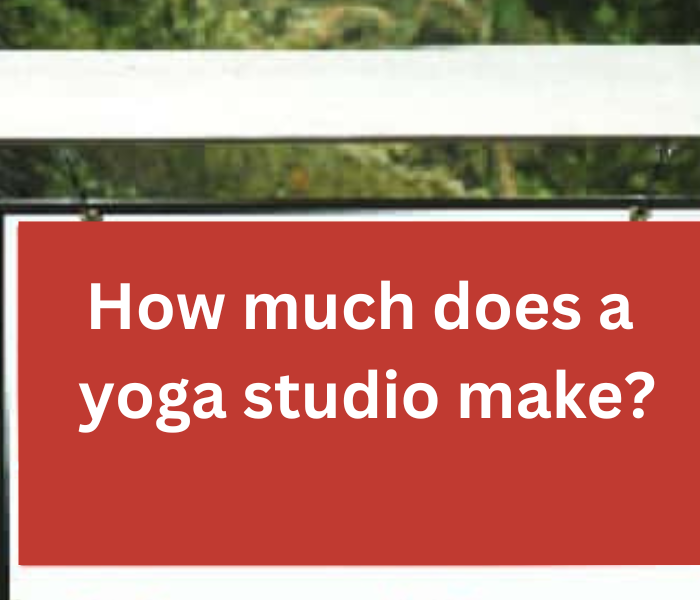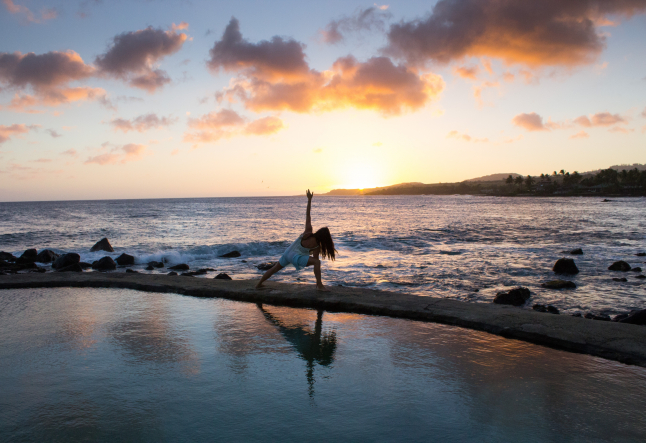Why is Yoga so hard? And is Yin Yoga harder than you think?
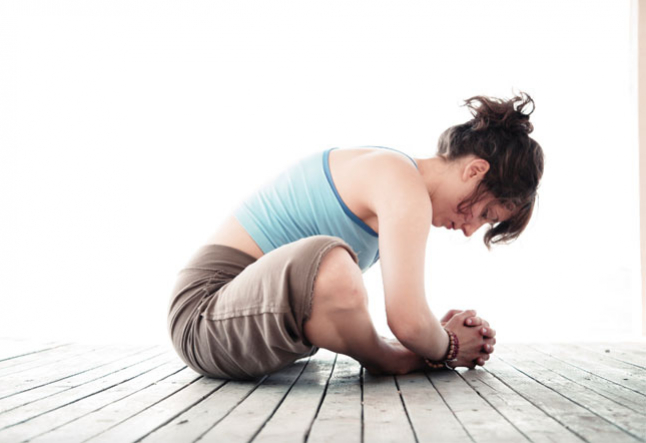
We all know (or should know) that proper rest and relaxation are essential for healthy living. So often, throughout the busy week, the busy month, the busy year, we look forward to our weekends, vacation days, or even just those fleeting moments to sit and breathe.
And yet, when we finally get that time, we rarely take full advantage of it. “I wish I had more time for…”
For what? An hour scrolling through social media? Binge-watching TV shows? While these are entertaining, do they truly make us feel rested—or just more restless?
This brings us to a deeper question: Why is yoga so hard? Yoga is often celebrated as the ultimate practice for relaxation, mindfulness, and inner peace. Yet, for many, it’s anything but easy—mentally, emotionally, and yes, even physically. And when it comes to a style like yin yoga, the challenge might surprise you.
Also Read >>> An Introduction to Yin Yoga
Is Yin Yoga hard?
At first glance, yin yoga seems deceptively simple. No sweaty flows, no rapid transitions—just long, passive stretches held for minutes at a time. Sounds easy, right? Not quite.
So, is yin yoga hard? Absolutely. But not in the way you’d expect.
While dynamic yoga styles challenge your strength and stamina, yin yoga challenges your patience, stillness, and ability to sit with discomfort. It’s less about the stretch and more about the space—both in your body and your mind.
The real challenge: stillness
Five minutes of meditation can feel like an eternity. Our minds dart from to-do lists to random memories, future anxieties, and everything in between. Now imagine holding a deep, slightly uncomfortable stretch for that same five minutes. That’s yin yoga—a physical stillness that reveals mental restlessness.
This is why yin yoga is hard. It’s not just the stretch; it’s the mental surrender. Unlike fast-paced vinyasa classes where movement distracts the mind, yin leaves you face-to-face with your thoughts.
Why is Yoga so hard in general?
Yoga isn’t just a workout; it’s a work-in.
It’s hard because it requires presence. Whether you’re flowing through sun salutations or melting into a long yin hold, yoga demands that you feel—your body, your breath, your emotions. That’s a tall order in a world obsessed with constant stimulation.
While yang styles push you to your physical edge, yin yoga pulls you inward, asking you to confront the edges of your mind. And honestly? That can be scarier than any handstand.
Also Read >>> Yin Yoga, the Art of Letting Go
Discomfort: the unexpected teacher
Stillness often brings discomfort, but discomfort isn’t the enemy. It’s a teacher.
In yin yoga, you don’t “push through” the discomfort like you might in a power class. Instead, you sit with it, breathe into it, and—eventually—learn from it. You realize that discomfort is just a passing sensation, not a permanent state.
That’s where the transformation happens—not in the perfect pose, but in the imperfect moments of vulnerability, frustration, and surrender.
Surrender ≠ Giving up
Here’s the paradox: yin yoga is about surrender, but not in the “giving up” sense. It’s about letting go of control—noticing your thoughts without judgment, feeling sensations without resistance, and embracing stillness without the need to do anything.
And that’s hard.
In a world that glorifies productivity, stillness feels like rebellion. But maybe that’s exactly why we need it.
Conclusion
So, why is yoga so hard? Because it asks you to show up fully—not just with your body, but with your heart and mind.
And is yin yoga hard? Yes. Not because it’s physically intense, but because it’s emotionally revealing. It strips away distractions, leaving you alone with your thoughts—and that’s where the real growth begins.
The next time you find yourself resisting the mat, remember: the hardest practices often hold the greatest rewards. Lean into the discomfort, sit with the stillness, and trust that transformation is happening—even when it feels hard.
FAQ
1. Why is yoga so hard?
Yoga can be challenging because it’s not just a physical practice—it’s a mental and emotional one as well.
While the physical poses can test strength, flexibility, and balance, the real challenge often lies in maintaining focus, mindfulness, and patience.
Yoga asks you to be present with your thoughts and feelings, which can be uncomfortable if you’re used to constant distraction.
2. Is yin yoga hard for beginners?
Yes, yin yoga can be hard for beginners, but not because it requires advanced flexibility or strength.
The difficulty comes from holding poses for extended periods, which can be both physically intense and mentally confronting. It challenges your ability to sit with discomfort, both in the body and the mind. However, this is also what makes it deeply transformative.
3. What makes yin yoga different from other types of yoga?
Yin yoga focuses on long, passive holds that target the deep connective tissues—like fascia, ligaments, and joints—rather than just the muscles.
Unlike dynamic (yang) styles of yoga that emphasize movement and strength, yin yoga emphasizes stillness, surrender, and introspection. This slower pace invites you to turn inward and cultivate mindfulness.
4. How do I make yin yoga less difficult?
To make yin yoga feel less difficult, approach the practice with curiosity rather than judgment. Use props like bolsters, blankets, and blocks to support your body and reduce strain.
Focus on your breath, and allow yourself to experience discomfort without labeling it as “bad.” Remember, the goal isn’t to be perfect in the pose—it’s to be present with whatever arises.
5. Why do I feel emotional during yin yoga?
It’s common to experience emotional releases during yin yoga because the practice creates space for suppressed feelings to surface.
The long holds and deep stretches not only open physical tension but can also release stored emotional energy. Yin yoga slows you down enough to truly feel, which can be both healing and intense.
6. Can yin yoga replace other forms of exercise?
While yin yoga offers incredible benefits for flexibility, joint health, and mental well-being, it doesn’t replace the need for more active forms of movement that build cardiovascular health and muscular strength.
Yin yoga complements more dynamic activities, providing balance through rest, recovery, and deep tissue work.
7. Is it normal to feel restless during yin yoga?
Yes, feeling restless is completely normal, especially if you’re new to the practice. Yin yoga slows everything down, which can be uncomfortable in a world that encourages constant activity.
That restlessness is part of the practice—it’s an opportunity to observe your mind’s tendencies and learn to sit with discomfort without immediately reacting.
